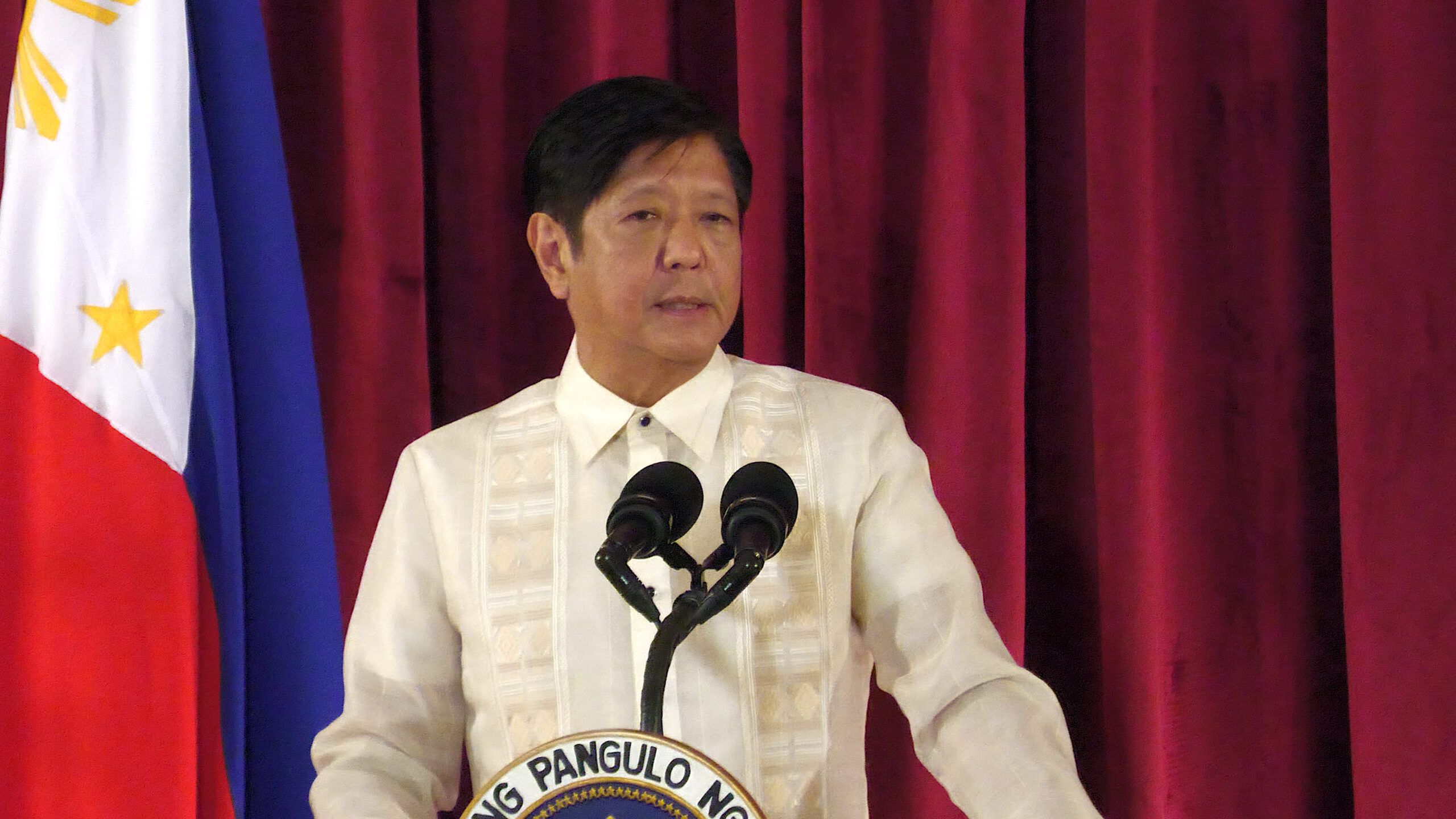
President Ferdinand Marcos Jr. INQUIRER.net FILE PHOTO/RYAN LEAGOGO
MANILA, Philippines — Amid simmering tensions in the West Philippine Sea, the Presidential Communications Office (PCO) called for heightened vigilance against online content designed to sow confusion or mislead the public about the issue.
On Wednesday, the PCO dismissed as a “deepfake” a video recording of President Ferdinand Marcos Jr. supposedly ordering an attack on China, whose aggressive actions against Filipino vessels in the West Philippine Sea continue despite repeated Philippine protests and international censure.
In an advisory on its Facebook page, the PCO warned Filipinos against falling for the audio deepfake, which tried to make it appear that the President had ordered military actions against another country.
READ: How disinformation distorts society and undermines our democratic processes
No such directive
“No such directive exists nor has been made,” the agency said, adding that the video included “manipulated audio designed to sound like the President” through the use of artificial intelligence (AI).
The PCO said it was closely coordinating with the Department of Information and Communications Technology, National Security Council, National Cybersecurity Inter-Agency Committee and the private sector to “actively address the proliferation and malicious use of video and audio deepfakes and other generative AI content.”
The video had a caption that read: “Atakehin ang China! Inutos na atakehin, PBBM may go-signal na (Attack China! Order to attack has PBBM’s go-signal).” The initials stand for President Bongbong Marcos.
It appeared in a YouTube account that was later terminated.
“Let us all be more vigilant against such manipulated digital content that are deployed by actors to propagate malicious content online and advance a malign influence agenda,” the agency said, adding:
“We ask everyone to be proactive in exposing and fighting against misinformation, disinformation, and malinformation … We encourage everyone to work with us in fostering a more aware, resilient, and engaged citizenry in our digital commons.”